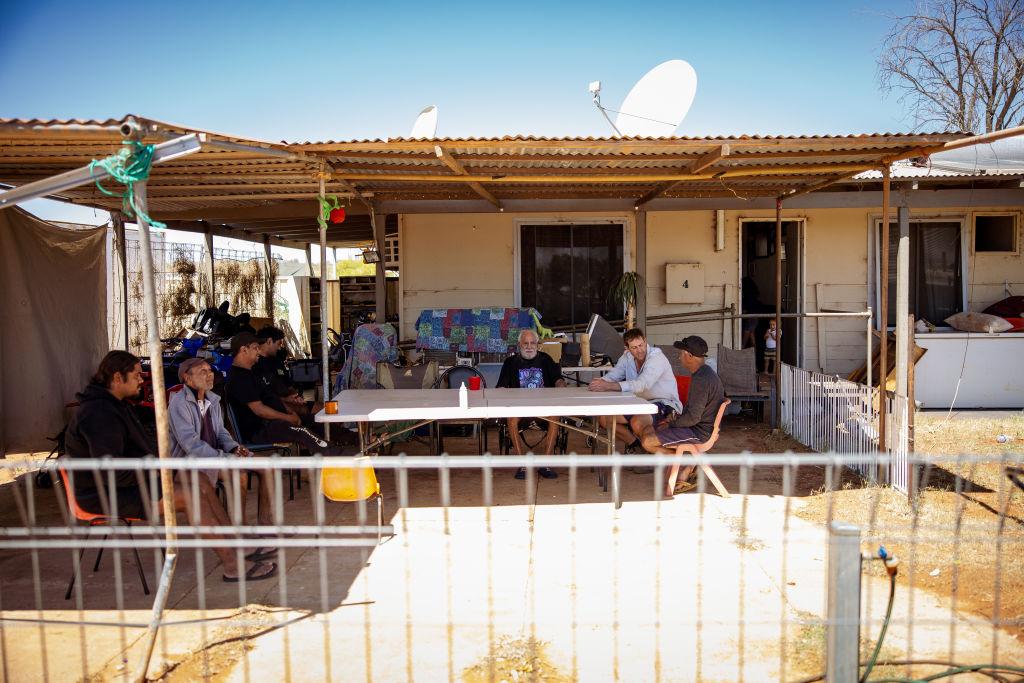Western Australia (WA) will spend $180 million (US$116 million) to pay back the stolen wages of Indigenous people working for the state government between 1936 and 1972.
The WA government recently announced that it had reached a settlement agreement with Aboriginal and Torres Strait Islander people who were forced to work with little or no wages under decades-old policies.





